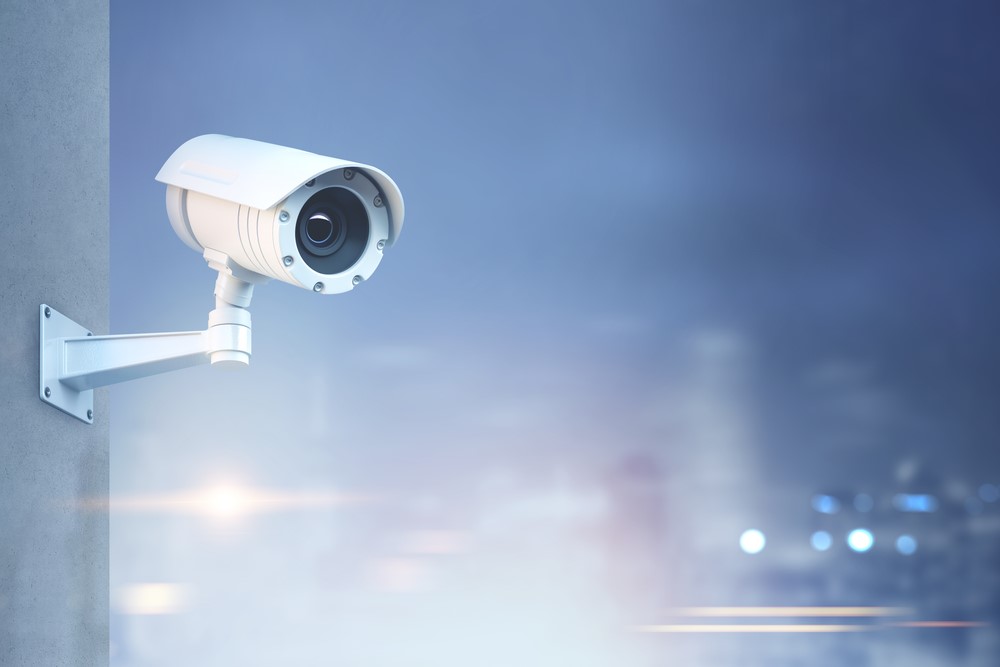HOAs face moral and legal questions when they consider installing security cameras in their communities
Homeowners’ Associations (HOAs) face significant moral and legal questions when it comes to installing security cameras in their communities. Are they allowed? If so, what are there regulations regarding their use?
Some might argue that cameras are a matter of public safety — they can help deter crime and act as another pair of eyes to safeguard the property and residents. However, in the pursuit of safety, it’s important to not violate anyone’s right to privacy. If your HOA does decide to install cameras, it must develop clear written policies and follow local and state regulations.
Here are six tips and cautions to consider before you decide if security cameras are right for your community.
1. Security cameras must be used for the public good
Cameras should be restricted to public areas like entry gates, parking lots, garages, mailroom, clubhouse, pool area, elevators, hallways, and other common areas or rooms. Their purpose should be to deter crime or record evidence in case an issue arises; any other use may violate privacy laws.
As The Orange County Register points out, “Placing a camera only to surveil a single resident will almost certainly offend the resident and create a possible claim of invasion of privacy.”
You should also refrain from placing cameras in areas like bathrooms, locker rooms, and anywhere that would allow them to see inside private residences.
2. Inform residents about surveillance
In many states, it is illegal to record people without their knowledge. Even if it’s not illegal, secretly recording residents sets a bad precedent and will most certainly lead to trouble if it’s discovered. If you install cameras, post signs warning residents that the area is under surveillance. You should also provide written notice to all residents that the HOA is installing cameras and where they’ll be mounted.
You may be required to get prior approval from homeowners before installing cameras. Consult your HOA bylaws, policies and procedure manual, and your legal counsel to make sure you are following the applicable regulations.
3. No audio surveillance
Another tricky area is video vs. audio recording. Whereas video recording may be allowed in certain areas, audio recording is usually not. Even stores that install cameras to deter shoplifting cannot use audio recordings. If you were to record private conversations between residents without their permission, you could be in violation of the law.
4. What happens with the camera Footage?
If you install cameras, what happens next?
- What will you do with the footage?
- How will it be stored?
- Will someone be watching in real-time or monitoring the recordings?
- Where and how long will the footage be saved?
These are all decisions that need to be made when you develop the onsite camera policy, and they should be in included in the policy documents and shared with homeowners.
“There should be a formal policy as to who’s going to be reviewing the footage and at what time … If you’re videotaping, someone should be watching … or there should be signage providing notice that the cameras are recording but that nobody is monitoring them,” says Joshua Krut, head of community law at Kopelowitz, Ostrow, Ferguson, Weiselberg, Gilbert in Fort Lauderdale, Fla.
If no one will be watching the footage, you must make that clear in signage or it could expose the HOA to a lawsuit. If residents expect there is a “promise of security” because of the cameras, when in fact the footage is not monitored but only reviewed after an incident, then the HOA could be held liable for damages or injuries.
5. Who should have access to the recordings?
One area that may concern residents is who will have access to the recorded material. Homeowners don’t want to feel like they are being spied on. For that reason, it’s important that your policy limit who can access the footage. Usually, the property manager, security company, and law enforcement would be the only ones authorized to access those records.
6. Can individual owners install cameras on their property?
This is another tricky area. Individual residents sometimes want to install doorbell cameras (some work in conjunction with home security systems) or other surveillance near the front or back doors. There must be clear HOA policies on these cases.
Aesthetic standards within the community might prohibit obvious cameras in front of a residence. In this case, cameras need to be placed inside the door or otherwise hidden from view.
There should also be rules requiring cameras to be pointed away from other residents’ windows or yards. If a resident is in a dispute with a neighbor, trying to use security cameras to “prove” their side will only escalate the situation.
Are security cameras right for your community?
Installing security cameras is a tricky subject that needs to be handled with caution. You must understand your purpose for installing cameras and develop written policies delineating how they will and will not be used. You must also consult local and state privacy laws to ensure you are not in violation. Failing to do these things can expose the HOA or board to liability or lawsuits. If you are looking to install cameras or a security system in your community, VendorSmart can help vet vendors and manage bids. We also provide ongoing vendor support, including risk management and compliance management. Contact us to get started.
